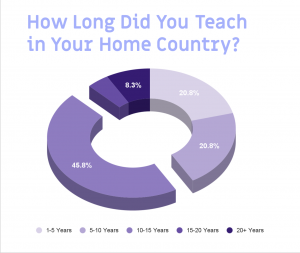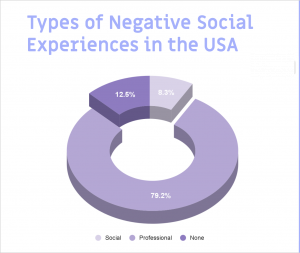During my time as a Ford Scholar, I worked alongside Professor Kimberly Williams-Brown on a project to document the social experiences of international Afro-Caribbean women teachers. Literature on the recruitment and lives of these teachers is sparse. As a result, addressing the continued gap in research related to understanding Afro-Caribbean teachers is long overdue. This summer, I divided my time between analyzing data and assisting Professor Williams-Brown with her publications.
I analyzed data curated from a qualitative methods approach consisting of a 24-question survey, semi-structured interviews, life histories, and focus groups. Altogether, this data allowed us to begin understanding who these Afro-Caribbean teachers are, and how they make sense of their lives teaching. To date, we have 24 responses with participants residing in New York, Georgia, and the Carolinas.
This project has provided new avenues for me to pursue. As I move forward with my research for my thesis, Professor Williams-Brown has provided me with new epistemologies and frameworks. As I look to study the current state of education in the Caribbean, getting a test run of these epistemologies with real data has shown me what connections are possible.
In the future, I hope to continue aiding Professor Williams-Brown as she recognizes the plights of those shouldering the burden of the American educational system. My experience with the project has illuminated the marginalized experience of educated immigrants present in the USA. With this, the research we conduct constitutes a key part to understanding how little we study the racialization and experiences of immigrant teachers in educational studies and what the experiences of a subset of foreign, Black teachers may tell us about race, schooling, and the possibilities of resistance, educational development, and social justice.


